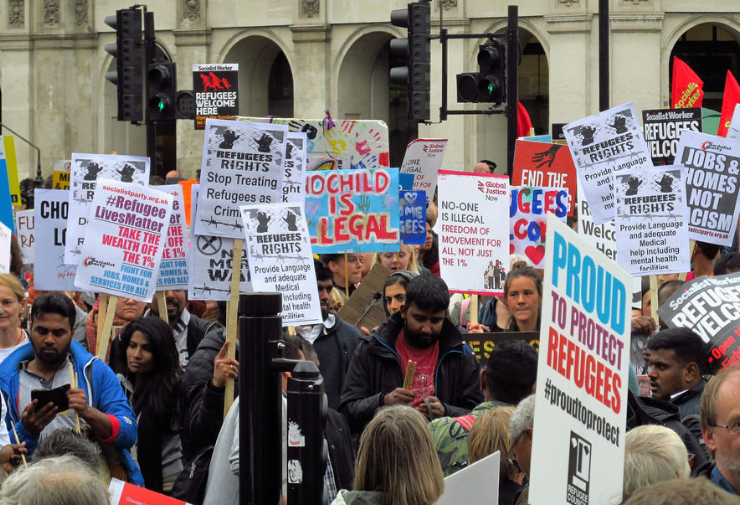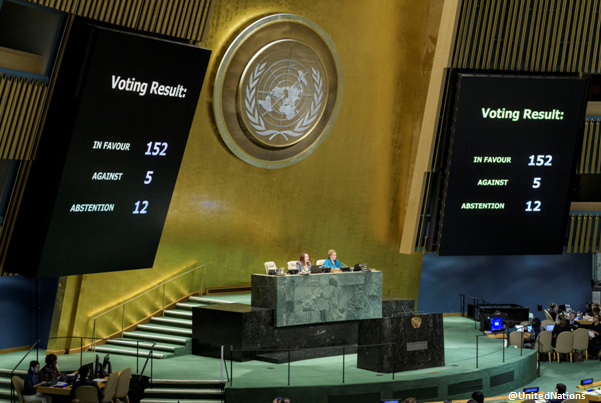European migration policy and the rise of populism
Matteo Salvini in Italy, Viktor Orban in Hungary, Jaroslaw Kaczynski in Poland, Sebastian Kurz in Austria, Andrej Babiš in Czech Republic. All can be qualified as ‘right-wing populists’. Behind the word, a common vision: to embody the will of the people - the so-called ‘silent majority’- while rejecting minority groups, especially migrants. Focus on the consequences of rising populism on European migration policy and the initiatives to counter it.
Decryption
European solidarity put to the test by burgeoning xenophobia
As some European political leaders adopted speeches and political measures openly hostile to refugees and migrants, xenophobia is spreading all over the EU, therefore potentially affecting the upcoming May European Parliament elections. Is a common European policy on immigration and asylum still an option? What about European solidarity?
Read moreDécouvrez nos articles
News
"If we are to succeed in eliminating populism and defeating populists, cities must speak directly to their citizens"
The German city of Dresden belongs to several networks of European cities supporting the reception of migrants and refugees. For a few years now, the city has been developing action plans to promote hospitality and to tackle anti-immigration views. Meet Dirk Hilbert, Dresden’s Mayor.
+

News
The other impact of the 2015 crisis: unprecedented mass mobilisation
Even if less media-exposed than anti migrants and anti-refugees speeches and measures, civil society actions grew significantly in the EU since the 2015 ‘refugee crisis’. Overview of these solidarity initiatives.
+

News
Europe divided about the adoption of the Global Compact for Migration
The UN’s Global Compact for safe, orderly and regular migration was adopted last December in spite of a few European States’ objections. Analysis of a controversy highlighting the growing influence of European populist rhetoric on a global scale.
+
News
Migration and the rise of populism: how closely related are they?
"Did migration contribute to the recent rise of right-wing populism in Europe? At first glance, the question seems trivial. For most right-wing populist parties in Europe put the immigration issue on the top of their agenda exploiting anxieties over cultural disintegration and rising crime"
+
